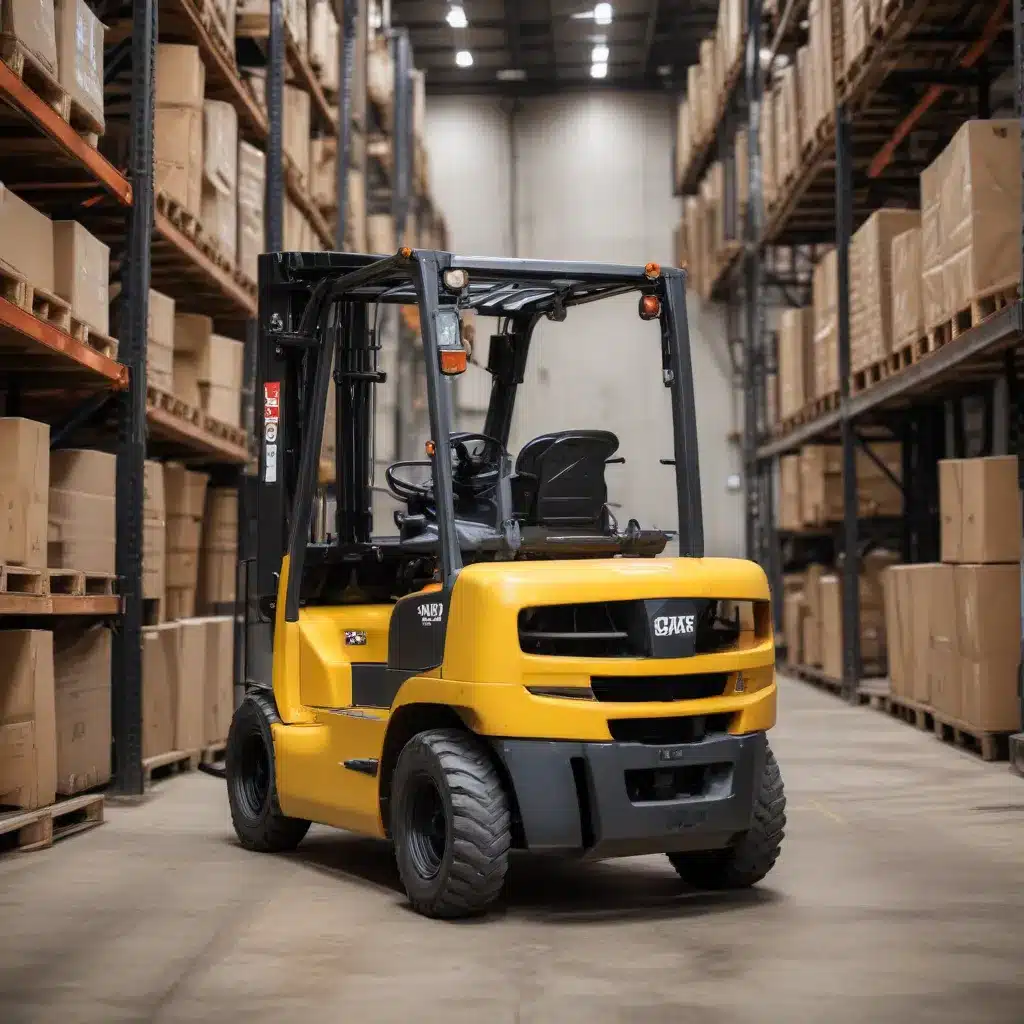
The Impact of Automation and Digitization on Operations-Intensive Roles
The future of work is rapidly evolving, driven by the acceleration of technological progress and the profound impact of the COVID-19 pandemic. As machines and automation increasingly take over predictable and repetitive tasks, the skill demands of the modern workplace are shifting dramatically. Nearly every job will change, many quite profoundly, and the overwhelming majority of today’s employees will need to develop new skills.
This shift is particularly pronounced in operations-intensive sectors, such as manufacturing, transportation, and retail. Our research suggests that 39 to 58 percent of the worldwide work activities in these industries could be automated using currently demonstrated technologies – 1.3 times the automation potential of activities in other sectors. As a result, the skill profiles of tomorrow’s jobs will undergo significant transformation.
Addressing the Skill Gap Challenge
While business leaders recognize the impending skill gaps, most report feeling unprepared to tackle this challenge. Barriers include a lack of understanding of the impact of automation and digitization, difficulty quantifying the business case for reskilling efforts, and inadequate HR infrastructure to execute a comprehensive skill development strategy.
To respond effectively, organizations must take a systematic, multifaceted approach to addressing their future skill requirements. This involves three key steps:
-
Scout: Conduct workforce planning to deeply understand the skills required to deliver on strategic ambitions, analyzing the impact of automation and digitization across the organization.
-
Shape: Prioritize the most critical skills, develop targeted training content and delivery mechanisms, and establish a talent transition hub to oversee the reskilling program.
-
Shift: Deploy the necessary infrastructure and capabilities to reskill at scale, ensuring the entire organization undergoes a comprehensive transformation in its skill profile.
The Role of Customized Training Partnerships
Successful reskilling programs share several core elements, including being integral to the organization’s overall digital strategy, addressing all levels of the workforce, and delivering tailored, hands-on training based on adult learning principles.
This is where partnerships with experienced training providers, like Forklift Reviews, can be invaluable. By collaborating with industry experts, organizations can develop customized upskilling and reskilling programs that address their unique operational needs and workforce challenges.
Forklift Operator Skill Gaps and Training Solutions
One prime example of an operations-intensive role in need of upskilling is the forklift operator. As forklift technology advances, with the integration of automation, data analytics, and safety features, the skills required to effectively operate and maintain these machines have evolved significantly.
Forklift operators must now be proficient not only in the physical operation of the equipment but also in interpreting data displays, troubleshooting technical issues, and adhering to increasingly stringent safety protocols. Addressing these skill gaps through comprehensive training is crucial for organizations to maintain efficient, productive, and safe materials handling operations.
Assessing Forklift Operator Skill Gaps
To effectively upskill forklift operators, organizations must first identify the specific skill gaps within their workforce. This can involve:
- Evaluating operators’ technical proficiency in forklift operation, inspection, and maintenance
- Assessing their understanding of emerging forklift technologies and data-driven features
- Identifying gaps in operators’ knowledge of safety regulations, best practices, and emergency response procedures
- Analyzing operators’ problem-solving, critical thinking, and decision-making abilities in real-world scenarios
By conducting a thorough skills assessment, organizations can pinpoint the areas where training is most needed and develop targeted programs to address those gaps.
Customized Forklift Operator Training Programs
Once the skill gaps have been identified, organizations can work with training providers like Forklift Reviews to design and implement customized forklift operator training programs. These programs should cover a range of topics, including:
- Technical Skills: Comprehensive instruction on forklift operation, maintenance, and troubleshooting, with a focus on emerging technologies and data-driven features.
- Safety and Compliance: In-depth training on safety protocols, industry regulations, and proper emergency response procedures.
- Problem-Solving and Decision-Making: Scenario-based exercises and simulations to develop critical thinking, risk assessment, and decision-making skills.
- Soft Skills: Instruction on communication, teamwork, and adaptability to enhance operators’ ability to work effectively in a rapidly evolving work environment.
By delivering a well-rounded training curriculum, organizations can ensure that their forklift operators possess the necessary skills to maintain peak performance, safety, and efficiency in materials handling operations.
Implementing a Continuous Learning Culture
Effective upskilling of forklift operators is not a one-time event, but rather a continuous process of skill development and refinement. Organizations should foster a culture of ongoing learning and skill enhancement, providing opportunities for operators to stay up-to-date with the latest forklift technologies, safety practices, and industry trends.
This can involve:
- Regular refresher training and skills assessments
- Access to online learning resources and job aids
- Mentorship programs pairing experienced operators with new hires
- Incentives and recognition for operators who demonstrate a commitment to continuous improvement
By prioritizing the continuous upskilling of their forklift operators, organizations can not only address immediate skill gaps but also future-proof their materials handling operations, ensuring they remain competitive, efficient, and safe in the face of rapid technological change.
Conclusion
As the future of work continues to evolve, the skill demands of operations-intensive roles, such as forklift operators, are undergoing significant transformation. To maintain a competitive edge and ensure the safety and productivity of their materials handling operations, organizations must proactively address skill gaps through comprehensive upskilling initiatives.
By partnering with experienced training providers like Forklift Reviews, organizations can develop customized training programs that equip their forklift operators with the technical, safety, and problem-solving skills needed to thrive in the modern materials handling environment. Furthermore, by fostering a culture of continuous learning, organizations can future-proof their workforce and remain agile in the face of rapid technological change.
Investing in the upskilling of forklift operators is not only a strategic imperative but also a crucial investment in the long-term success and resilience of the organization. By addressing skill gaps and empowering their workforce, businesses can unlock greater operational efficiency, enhanced safety, and a competitive advantage that will serve them well in the years to come.

